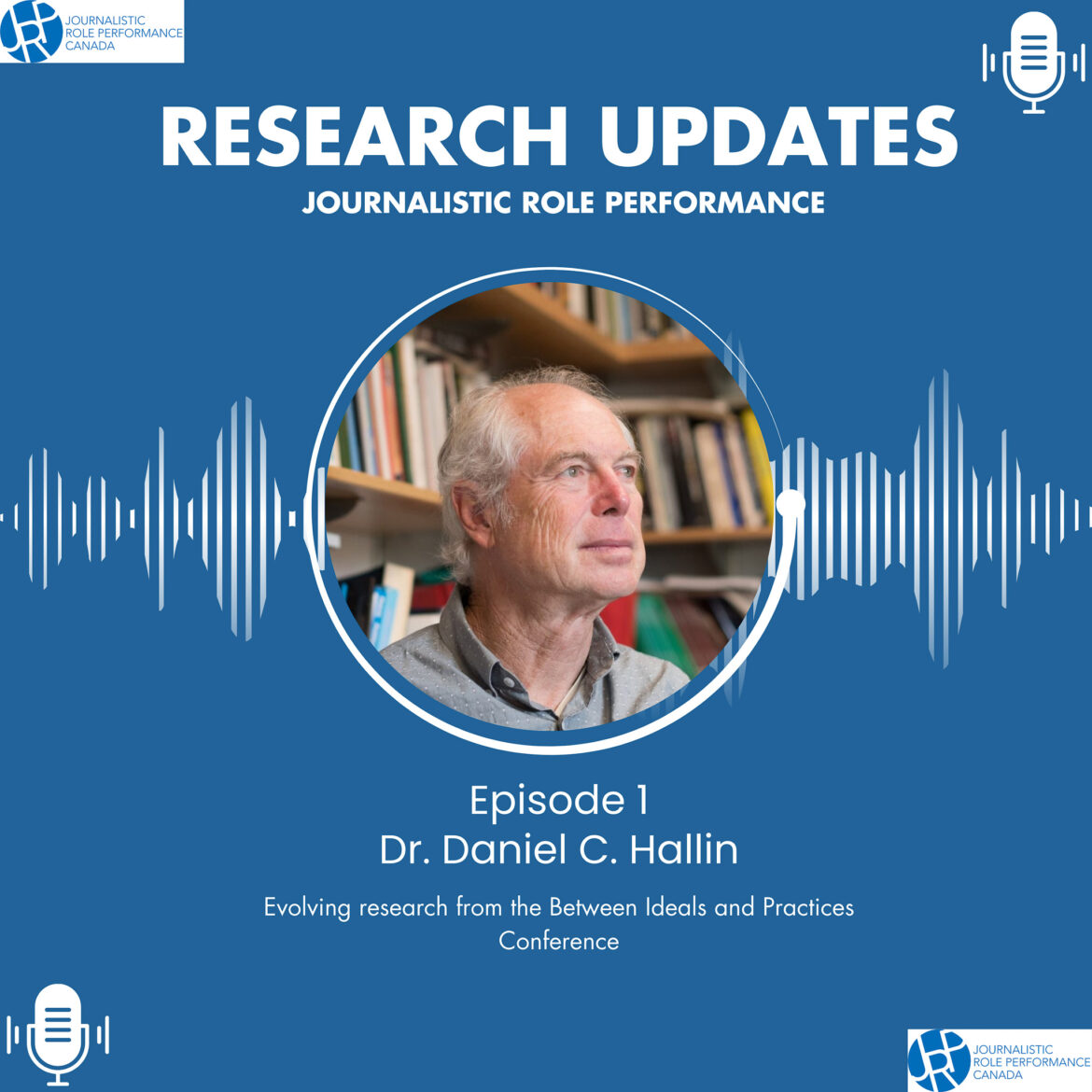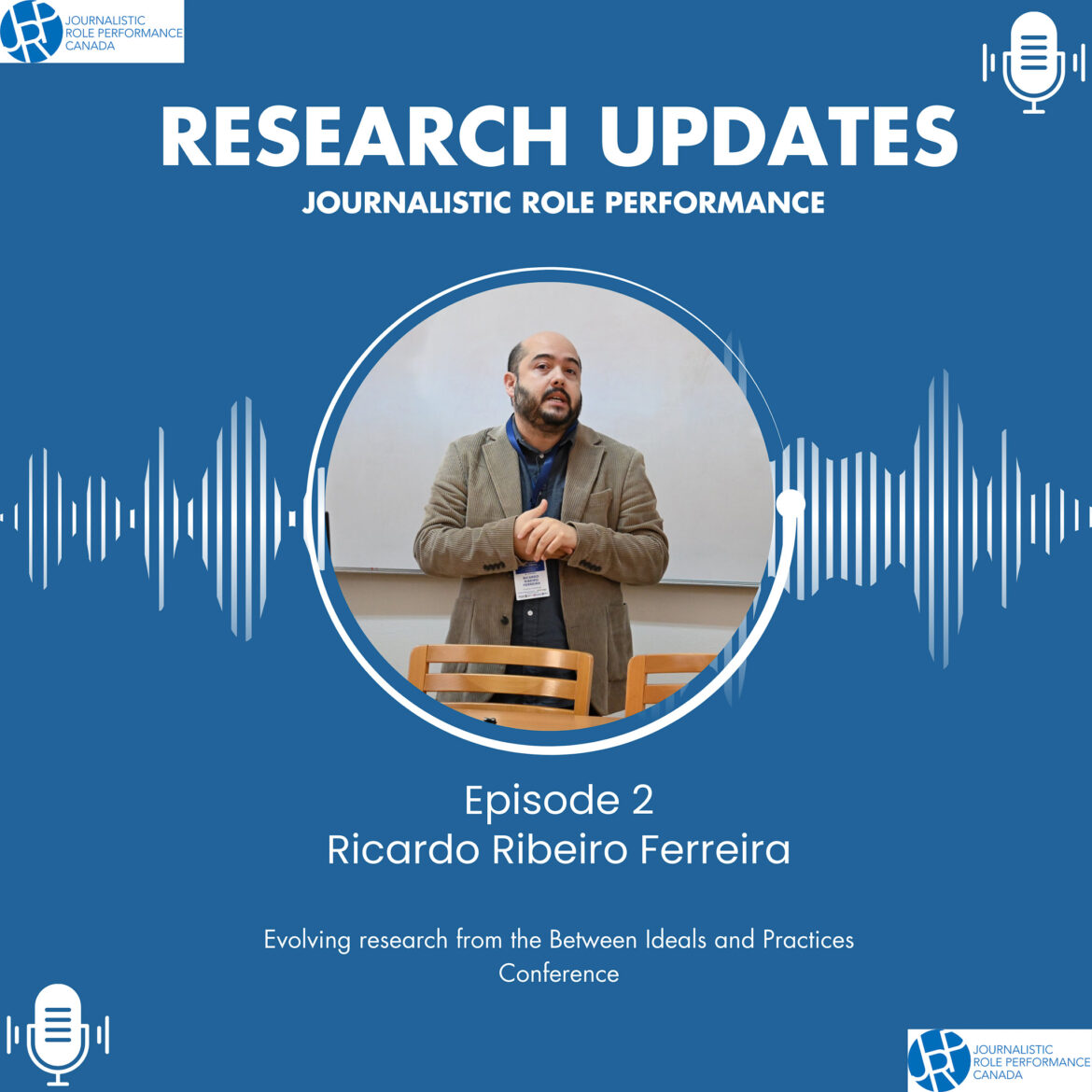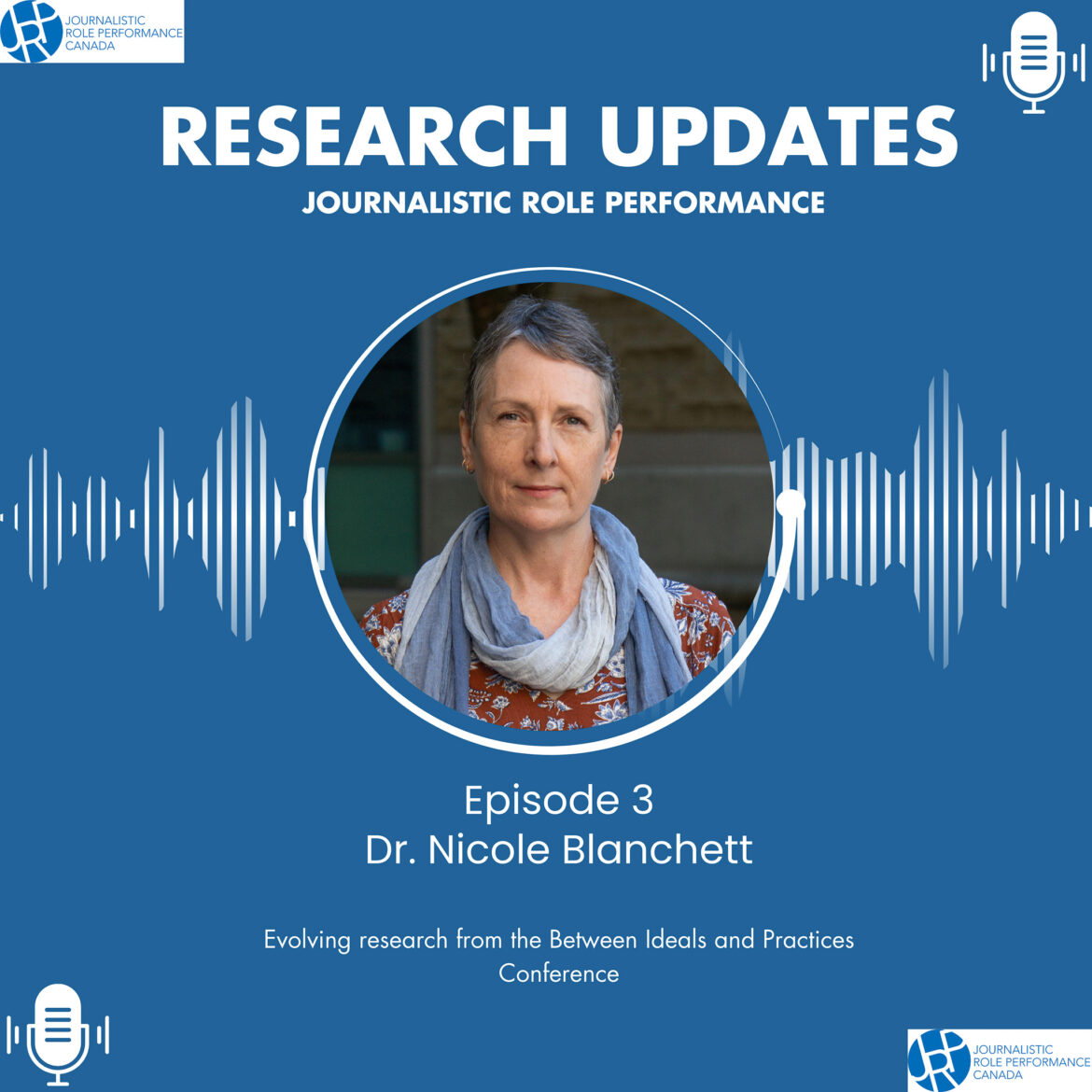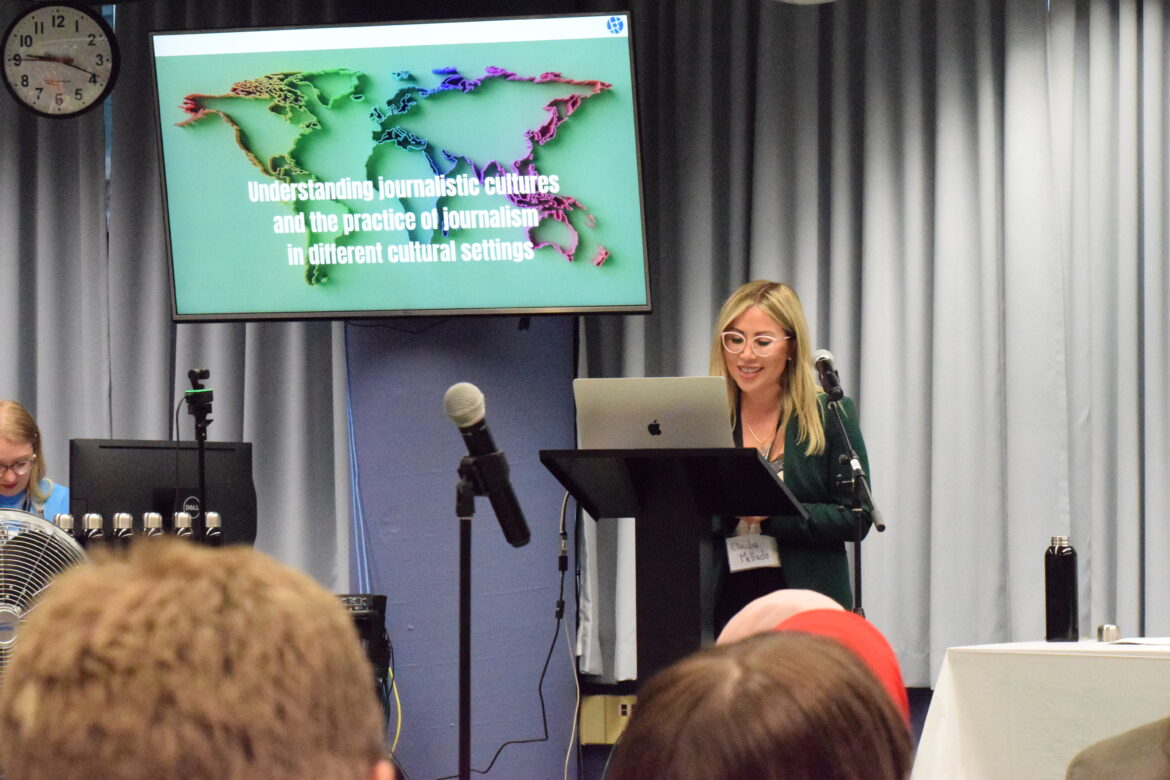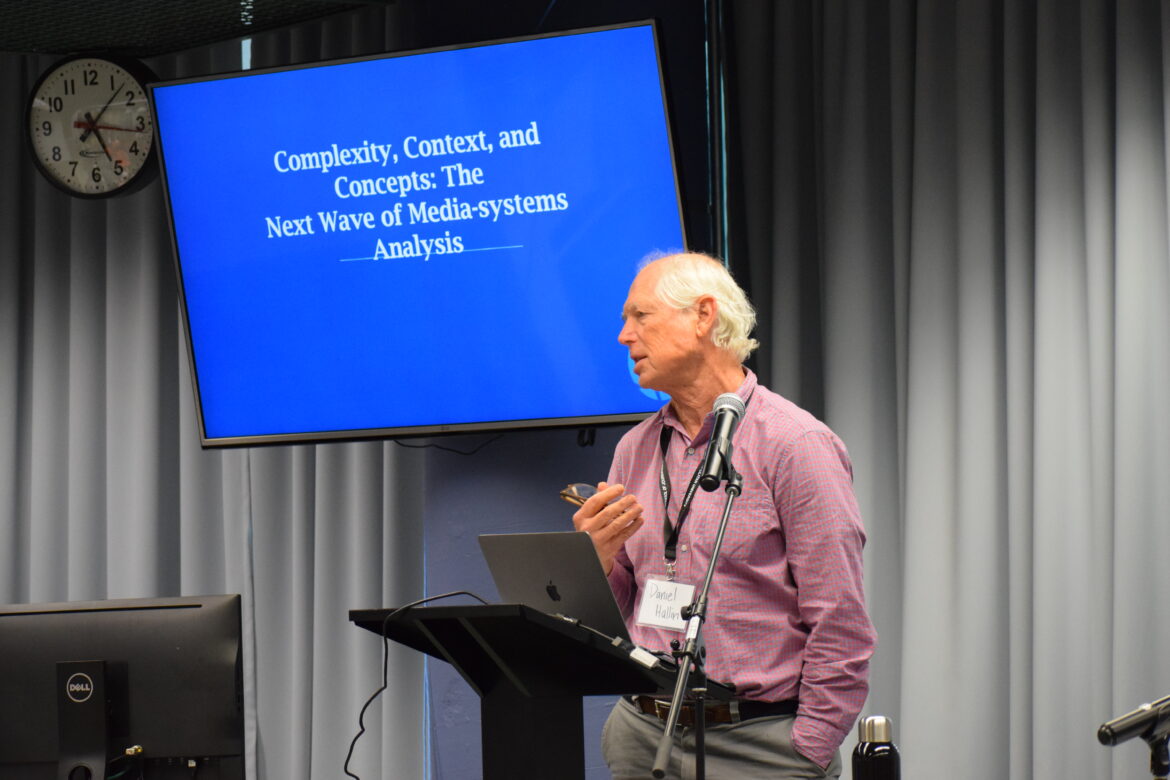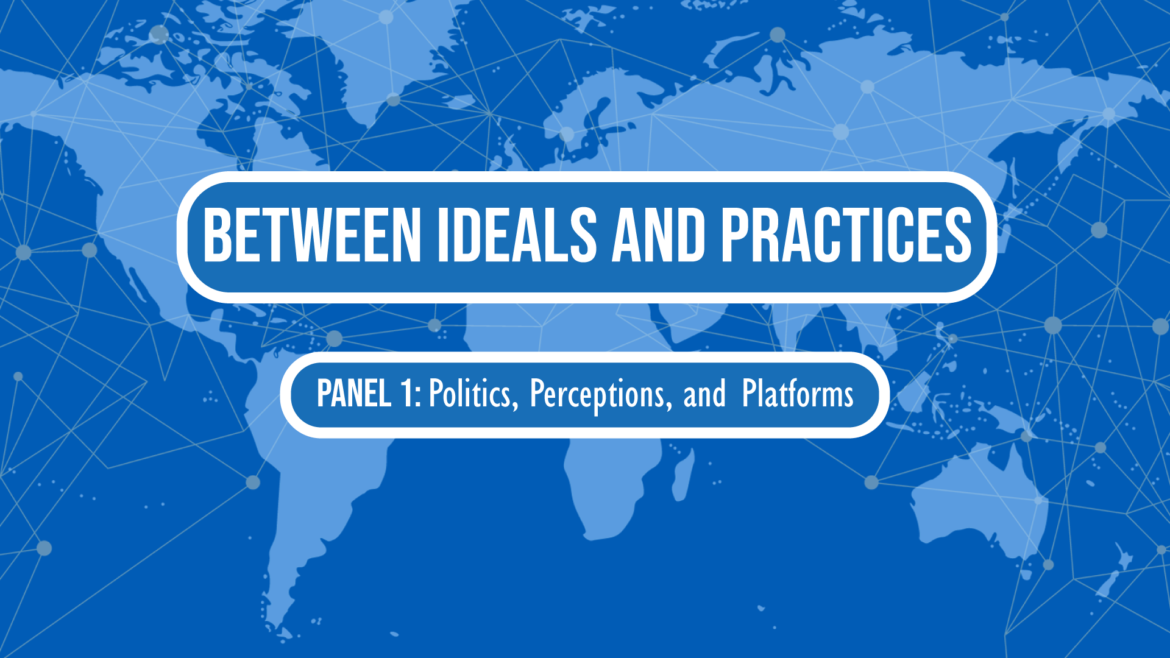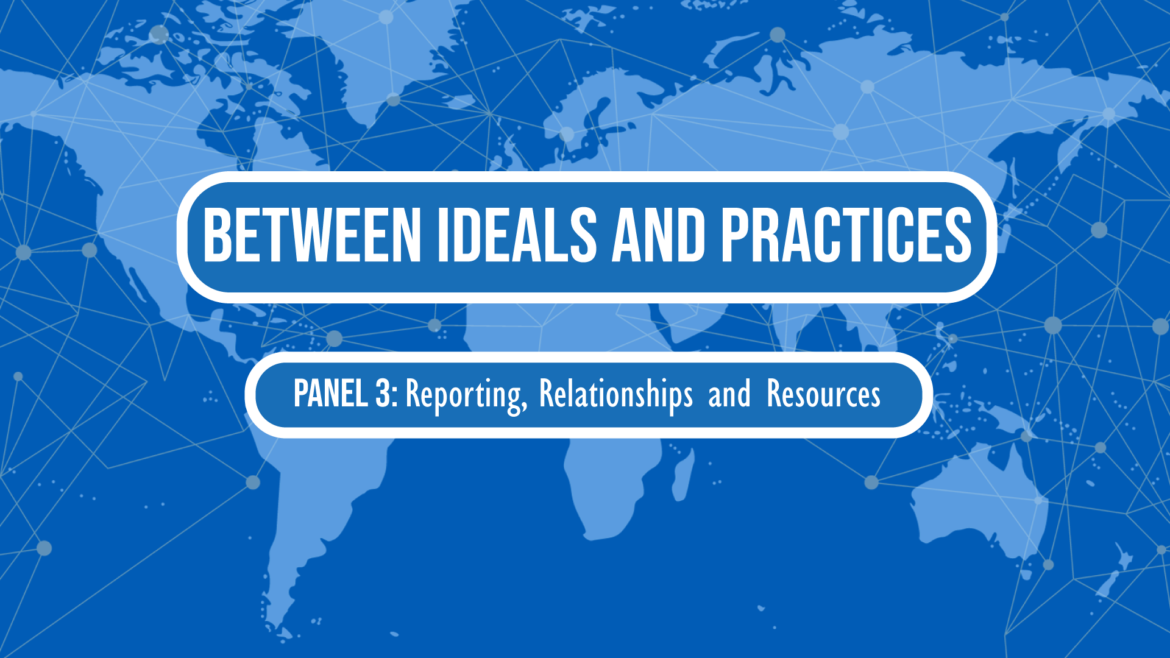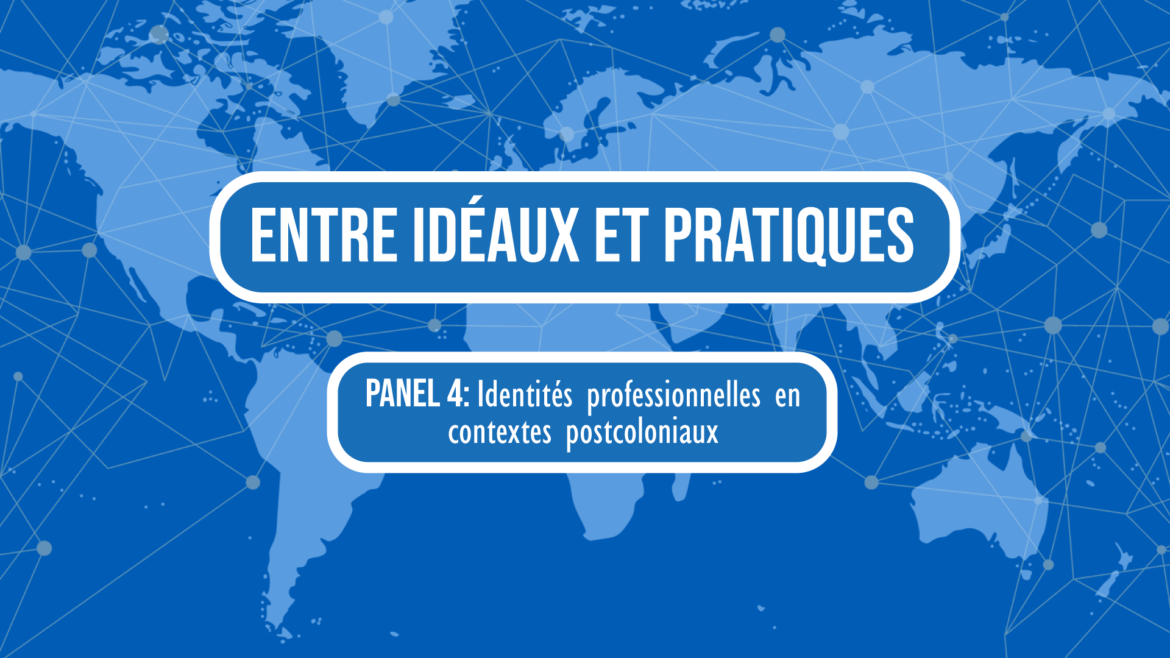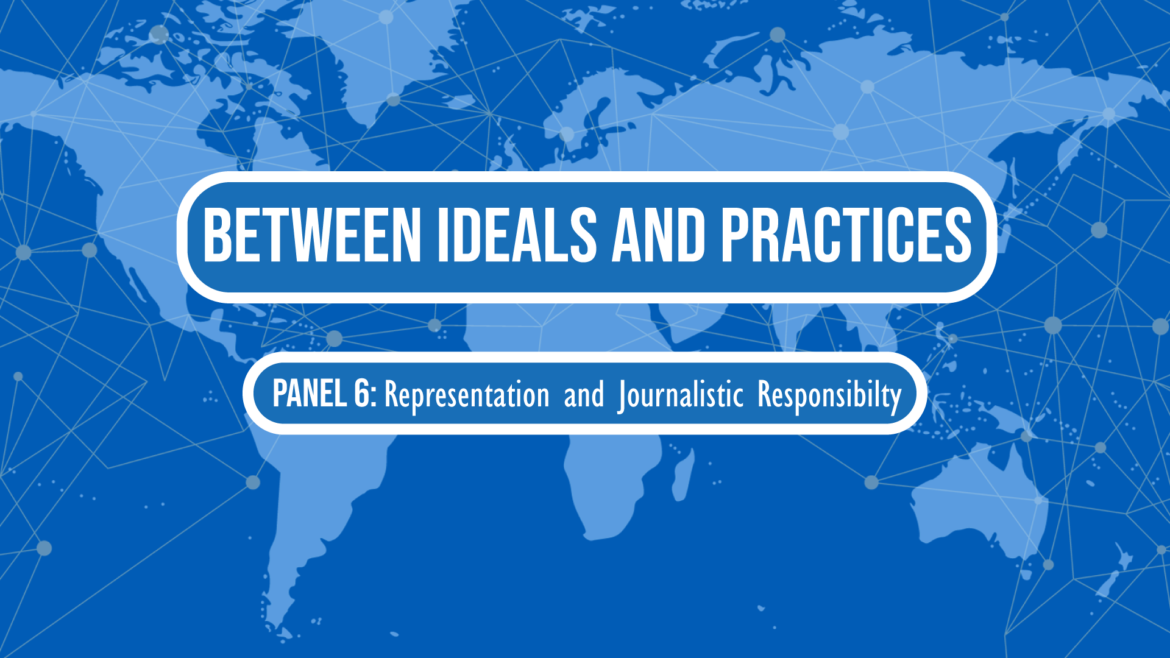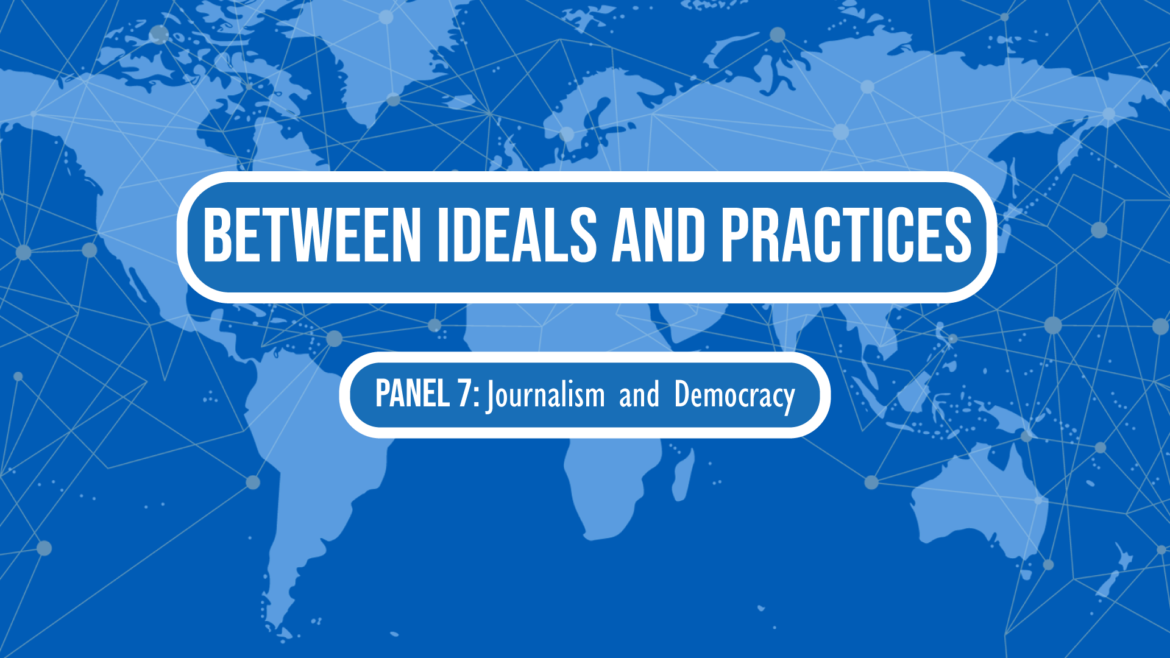Dr. Daniel Hallin from the University of California San Diego joins the JRP podcast to talk about the objectivity norm in journalism, its intersection with the liberal media model, and dramatic changes in the U.S. media system. Hallin also explains how legacy media have shown rising levels of interventionism, how that has affected election processes, and how news consumers can identify skewed coverage.
The Between Ideals and Practices conference was supported in part by funding from the Social Sciences and Humanities Research Council.
View the full episode transcript below!

